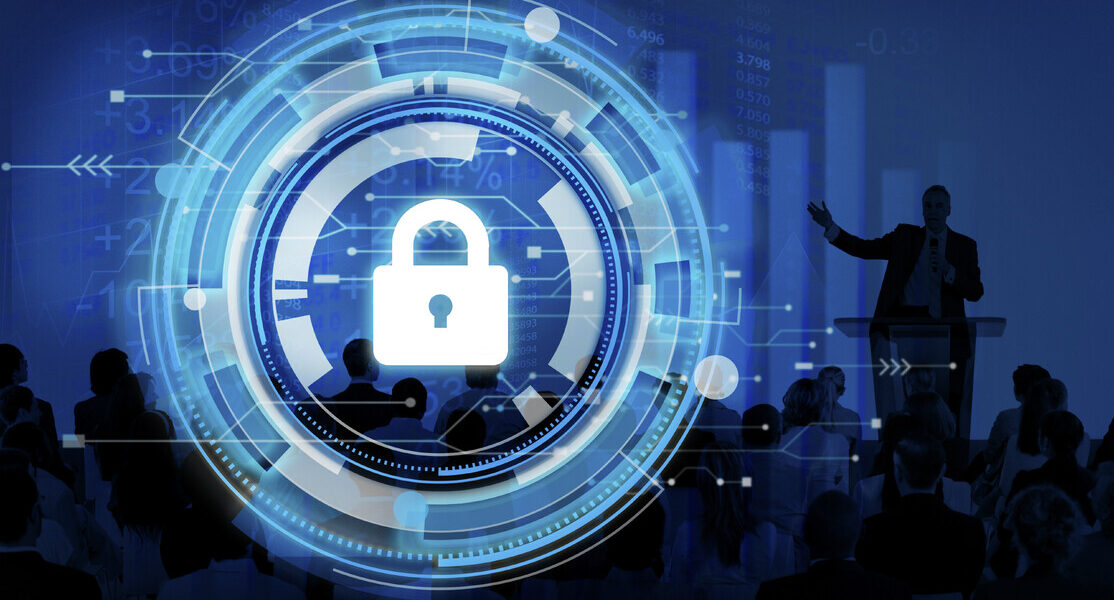Safeguarding the Digital Frontier: Exploring the Vital Importance of Cybersecurity
In today’s interconnected world, where digital landscapes extend across industries and borders, the safeguarding of sensitive data and digital assets has become paramount. This responsibility falls squarely on the shoulders of cybersecurity professionals who work diligently to protect individuals, organizations, and societies from the escalating threats of cyberattacks. Let’s delve into the world of cybersecurity and unravel why it’s not just an option but a necessity in our modern age.
The Digital Age and Its Vulnerabilities:
The rapid proliferation of technology has revolutionized the way we live, work, and communicate. From cloud computing to IoT devices, our lives are deeply entwined with digital platforms. However, this digital transformation has also exposed vulnerabilities that malicious actors exploit for personal gain, corporate espionage, or even political influence.
Understanding Cybersecurity:
At its core, cybersecurity encompasses a broad spectrum of practices, technologies, and processes designed to protect digital systems, networks, and data from unauthorized access, breaches, and attacks. It involves preventive measures, detection mechanisms, incident response strategies, and ongoing education to mitigate risks effectively.
Importance of Cybersecurity:
- Data Protection and Privacy: In a world where personal and business data are digital gold, cybersecurity ensures that sensitive information remains confidential, safeguarding both personal privacy and business integrity.
- Financial Security: Cyberattacks can result in financial losses, from individual identity theft to massive corporate breaches. A strong cybersecurity posture helps prevent financial ruin caused by cybercriminal activities.
- Business Continuity: Organizations rely on digital infrastructure for day-to-day operations. Cybersecurity ensures business continuity by guarding against disruptions, data loss, and downtime caused by attacks.
- Trust and Reputation: A security breach can erode customer trust and damage an organization’s reputation. Demonstrating commitment to cybersecurity instills confidence in clients, partners, and stakeholders.
- Intellectual Property Protection: Intellectual property theft, including proprietary algorithms and product designs, can lead to significant losses. Robust cybersecurity measures prevent unauthorized access to valuable assets.
- National Security: Cyberattacks are not limited to private entities. Government agencies, military systems, and critical infrastructure are also potential targets. Cybersecurity is crucial to maintaining national security.
Types of Cybersecurity Measures:
- Network Security: Protecting networks from unauthorized access, viruses, malware, and other threats through firewalls, intrusion detection systems, and network monitoring.
- Endpoint Security: Ensuring that devices connected to a network (such as computers, mobile devices, and IoT devices) are protected against malicious activities.
- Application Security: Securing software applications and websites against vulnerabilities, including SQL injection, cross-site scripting, and code vulnerabilities.
- Cloud Security: Protecting data and applications stored in cloud environments through encryption, access controls, and other security measures.
- Identity and Access Management: Managing user access to systems and data to prevent unauthorized entry.
- Incident Response: Developing plans and strategies to respond effectively to security breaches and minimize their impact.
The Evolving Landscape:
Cybersecurity is a dynamic field that evolves alongside technological advancements and the tactics of cybercriminals. As new technologies emerge, so do new vulnerabilities. This requires continuous learning, adaptation, and innovation within the cybersecurity community.
Conclusion:
In an age where our personal lives, financial transactions, and critical infrastructure rely on interconnected digital systems, cybersecurity stands as the shield that guards against the ever-evolving threat landscape. Its importance cannot be overstated. It’s not just about protecting data; it’s about protecting our way of life. By investing in cybersecurity measures, organizations and individuals alike can contribute to a safer and more secure digital future, ensuring that innovation and progress continue without being undermined by malicious intent.



1 Comment